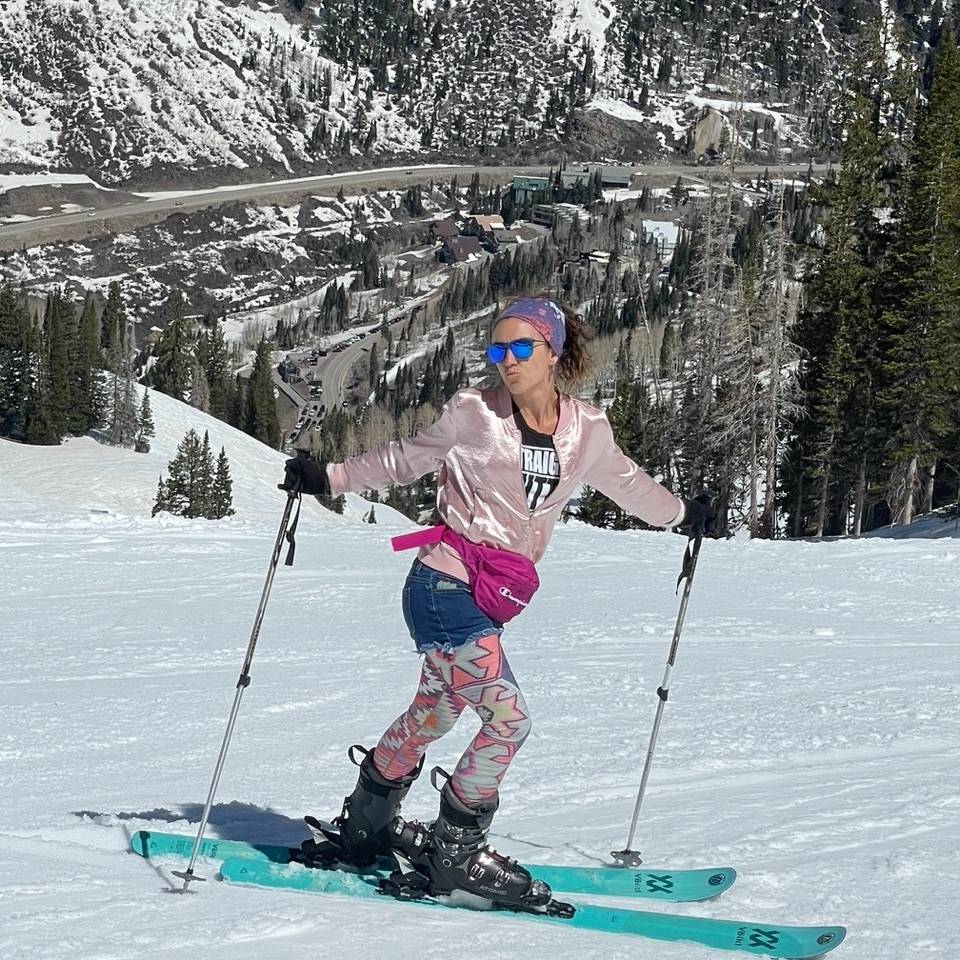
The GNAR Research Network: Connecting Researchers with Each Other and GNARly Research Needs and Opportunities
By Danya Rumore, GNAR Initiative Founder
In 2017, professor Philip Stoker from the University of Arizona and I launched a major study to document and begin to understand the planning and development challenges in Western gateway communities. At that time, there was no common term or typology for these communities; researchers referred to them as everything from recreation communities to amenity communities, or simply lumped them with all other rural communities. Additionally, there was very little research looking at planning and development challenges across gateway communities in the West. Our key goals in undertaking that initial study were to establish “gateway communities” as a type of community worthy of greater study, highlight and better understand the planning and development challenges we were observing in these places throughout the West, and call for more research and applied focus on these special towns and cities. The Gateway and Natural Amenity Region (GNAR) Initiative is a direct outgrowth and product of that research.
The GNAR Initiative aims to develop and help implement evidence-based, data-informed strategies for helping Western GNAR communities thrive amid change, and we recognize we need A LOT more research to help us do this. That is part of why we are so excited to officially launch the GNAR Research Network.
The GNAR Research Network is an informal network that connect academics, students, and other people with an interest in studying gateway communities and the regions around them with each other and on-the-ground research needs and opportunities. It does so through hosting quarterly virtual forums for researchers to come together to share and learn about each other’s planned, in progress, or completed research; supporting a listserv through which researchers can share opportunities and connect with each other; and connecting researchers to community needs and emerging challenges.
Thus far, the network has been a small, informal group of researchers who were already connected to the GNAR Initiative and we have had two formal meetings. During the first meeting in February, Philip Stoker and I presented on our in-progress GNARly Challenges, GNARly Solutions study and engaged participants in dialogue about research needs and opportunities. During our second meeting in May, Jordan Smith and Eunjung Yang from Utah State University presented on and engaged participants in conversation about the Institute of Outdoor Recreation and Tourism’s research on factors shaping income and income inequality in Western gateway communities near national parks and measuring the supply and demand for tourism. The slides and other materials from our first two meetings are available on the GNAR Research Network page, where we’ll post materials from any future events.
We are now ready to officially launch the network and grow our community of researchers. We encourage any researchers who are interested in studying and working on gateway community and natural amenity region issues to check out the network homepage and consider joining our email list. We are also always looking for people to present on their work or lead research conversations at future GNAR Research Network events.
Click here to learn more about the research network and how to join, or contact Liz Sodja (liz.sodja@usu.edu), the GNAR Initiative Coordinator, to get added to the list or get more information about presenting at or leading a future network meeting.

Danya Rumore, Ph.D., is the Founder of the GNAR Initiative. She is a facilitator, collaborative process designer, and conflict resolution professional with a particular passion for understanding and addressing the unique challenges and opportunities facing western amenity-rich rural regions like that surrounding her hometown, Sandpoint, Idaho. Danya holds a Ph.D. in Environmental Policy and Planning from the Massachusetts Institute of Technology. She is a professor of planning and law at the University of Utah, where she directs the Wallace Stegner Center Environmental Dispute Resolution Program. Danya really likes to shred the gnar on her mountain bike and skis, but she can also be found climbing rocks, floating rivers, and running trails. To learn more about her work, check out this Outdoor Allies profile.

